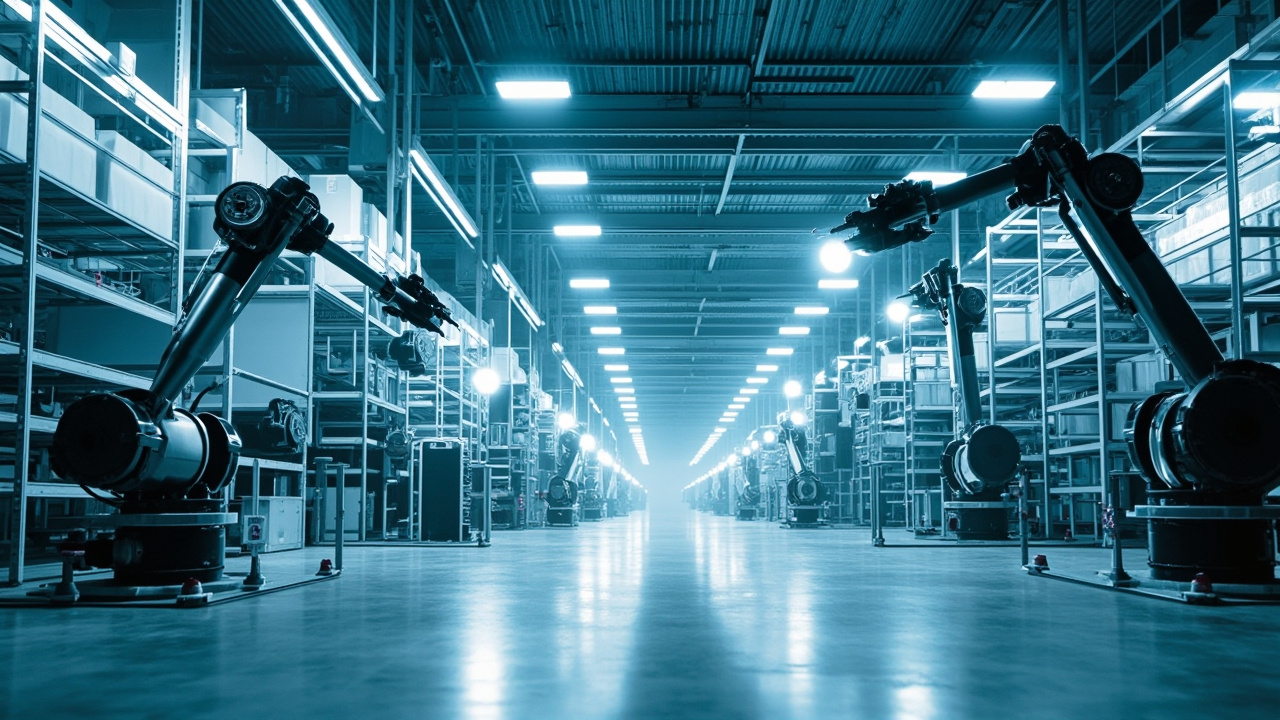Henan Bus Company Grows Strong Presence in Central Asia

Yutong Bus Co, a prominent bus manufacturer based in Zhengzhou, Henan province, is set to launch a new lineup of buses tailored for the Central Asian market this month. This development signifies Yutong's ongoing efforts to enhance its presence in this emerging market.
In the first half of this year, Yutong has secured multiple project contracts across Central Asia, which include noteworthy orders of 700 fuel buses intended for Turkmenistan, 200 new energy buses for Uzbekistan, and a further order comprising 95 natural gas buses, along with vans and coaches destined for Kyrgyzstan — collectively marking the largest export order from Yutong in this region for the year.
"We have now sold upwards of 10,000 units in Central Asia, which includes nearly 1,000 new energy vehicles," stated Li Haifeng, CEO of Yutong Bus Central Asia. This notable success underscores Yutong's competitive edge in new energy technologies and localized service capabilities, which have fostered a growing acceptance of the brand within the Central Asian market.
Yutong made its entry into the Kazakhstan market back in 2005 and has since delivered more than 7,700 large and medium-sized buses to the country, encompassing a diverse range of vehicle types such as traditional fuel engines, natural gas buses, and battery-electric models.
"Our offerings comprise energy-efficient public transportation buses, school buses, and specialized mobile medical units for remote areas, which contribute to upgrading the local green transport infrastructure while enhancing travel safety," explained Miao Yuan, the country manager for Yutong Bus in Kazakhstan.
A significant milestone was achieved in late 2019, when Yutong exported 100 battery electric buses to Kazakhstan's capital city of Astana, a location noted for being one of the coldest capitals globally. This historical transaction represented the country's first significant investment in battery electric buses.
To combat harsh winter conditions, these buses were engineered with special insulation and independent heating systems, which enable them to operate effectively over distances exceeding 300 kilometers on a single charge, as noted by Miao.
In Kazakhstan, Yutong Bus has developed a comprehensive service framework, including a wholly-owned operations center, 12 authorized service stations, and a parts warehouse, all centralized around Almaty, the largest city, thus facilitating efficient transportation services and training.
"Through rigorous quality control and an extensive after-sales service support system, Yutong Bus has gradually built a strong reputation among local clientele," commented Zhou Ruipeng, the director of Yutong's international service department.
Zhou further indicated the deployment of a specialized service team, comprising 70 skilled professionals, aimed at ensuring prompt and effective customer service and technical assistance throughout the Central Asian region.
Moreover, the collaboration between Yutong and Kazakhstan has been exemplified by the QazTehna factory in Saran, which commenced operations in 2021, with an annual production capacity of 2,000 Yutong buses and 200 units of engineering machinery, thereby creating over 5,000 job opportunities.
In addition to its successes in Kazakhstan, Yutong Bus continues to make significant strides in other Central Asian nations. For instance, in Turkmenistan, they secured the largest bus procurement order thus far, consisting of 700 buses, amid government plans to update the transportation fleet in the capital, Ashgabat, with service station construction expected to conclude by year-end.
Read These Next

Company Financial Performance and Strategic Outlook for 2024
Analysis of the company's financial performance and strategic outlook based on its annual report, emphasizing growth trends and potential risks.

AI to Reduce Amazon's Workforce in Future, CEO Jassy Says
Amazon CEO Andy Jassy announced that the company will cut its workforce as it increasingly uses generative artificial intelligence tools. Jassy emphasized that while automation will reduce the need for certain roles, it necessitates employees adapt to the changing demands. This move, alongside similar strategies from other tech firms, raises significant questions about the evolving nature of work, economic implications, and skills development in the workforce.

Democrats Pressure Pharma Giants on Tax Accountability: A Move Towards Corporate Responsibility?
This commentary analyzes the recent calls by Democrats for accountability from major pharmaceutical companies regarding their tax contributions. It discusses the implications for corporate responsibility and healthcare costs, offering insights for both retail and institutional investors.
